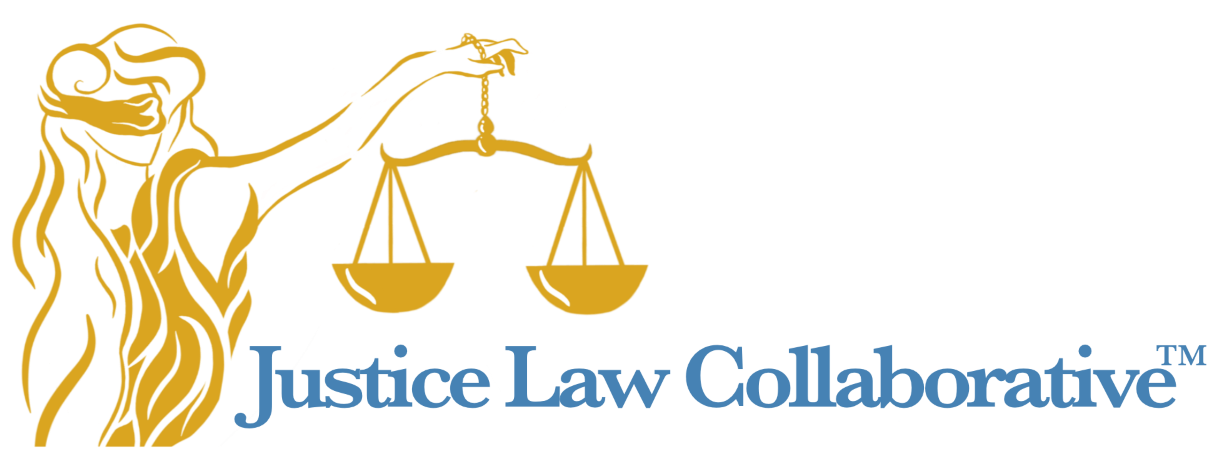Maryland Governor Signs Legislation to Protect Troubled Youth from Abusive Transport; HB497 Passed into Law
After receiving widespread reports of abuse, Maryland Delegate Vaughn Stewart and other legislators took action to spotlight the seedy, unregulated transport of young people to residential behavioral treatment programs. Representatives from the Citizens Commission on Human Rights (CCHR), “troubled teen” industry (TTI) attorney Kim Dougherty of Justice Law Collaborative, celebrity and TTI survivor Paris Hilton, and others, provided testimony in support of the bill, which passed in both chambers of the Maryland legislature, and was signed into law by Governor Wes Moore (May 2025). Governor Moore signed the bill, intended to prevent the trauma inflicted by the use of blindfolds, zip ties, and leather straps on young people being transported to residential behavioral treatment programs by for-profit youth transport services.
For several years, Hilton has actively lobbied to expose historic abuses stemming from the “troubled teen” industry due to personal experience. She recalls, at the age of 16, being grabbed in the middle of the night by two large men who handcuffed her (known as “gooning”), shoved her in the back seat of a car, refused to answer her questions, and delivered her to a program where she claims to have endured further abuse. Her trauma has fueled years of advocacy, leading to the passage of the Stop Institutional Child Abuse Act, which was signed into federal law in December 2024.
HB497, also recognized as the Preventing Abduction in Youth Transport Act:
Prohibits the use of visual impairment (blindfolds and hoods) and mechanical restraint (handcuffs, belts, leather straps, and zip ties) of children during transport.
Prohibits physical restraint, including holds or other use of physical force to restrict a child’s freedom of movement (May only be used IF there is a substantial likelihood of imminent serious physical harm to the child or others and there are no less restrictive alternatives that would handle the situation. Physical restraint is expressly prohibited as punishment or for the convenience of the transport company staff.
Protects children being transported to residential behavioral treatment programs by disallowing pick up and transport between the hours of 9:00 p.m. and 6:00 a.m.
Enables the state attorney general to take legal action against companies found to have violated the law and enables those harmed during transport to sue for civil damages.
“I would like to express my gratitude to you for offering your knowledge and time in support of House Bill 497 and to share this victory with you,” shared Delegate Stewart. “The law will protect children and youth in our state from harmful transportation practices and empower survivors and their families to seek justice through the legal system. Even though it only targets one aspect of the broader troubled teen industry, it is a critical first step towards a future in which no Maryland child must endure its abuse.”
Residential behavioral treatment programs referred to in the bill include wilderness, therapeutic, and boot camp-style programs, behavioral modification and boarding schools, and other residential treatment facilities to which young people with behavioral or substance abuse problems are sent. These facilities have come under increasing scrutiny due to resident reports of rampant physical, psychological, and sexual abuse. A variety of survivor-driven televised documentaries including Teen Torture Inc., Hell Camp: Teen Nightmare, and The Program: Cons, Cults and Kidnapping, have illuminated a very dark and disturbing dystopian existence for residents, while sounding the alarm for greater oversight and accountability.
According to The Regulatory Review, “What is truly troubling is that, despite the mounting evidence of pervasive and systematic mistreatment, the troubled teen industry continues to perpetrate these harms, collect profits, and evade comprehensive oversight.”
“Too many young people have been seriously injured and traumatized by these brutal, unregulated transport agencies,” said Attorney Dougherty. “That trauma manifests in ways that prohibit them from trusting others and hinders their ability to reach their full potential in life. Our children, some of whom are already battling mental illness, substance abuse, or even developmental impairment, deserve better than the almost inhumane treatment they receive at the hands of these transport companies and the so-called therapeutic facilities they are sent to.”
This legislation filed in Maryland suggests zero tolerance for unchecked practices. By banning abductions in the darkness of night and limiting dehumanizing restraints and blindfolds, the state is legislating greater protection for vulnerable youth. Even so, HB497 is more than a legal milestone—it is a testament to the courage of survivors who refused to stay silent, the advocates who stood with them, and the lawmakers who listened.
MEDIA UPDATE:
WMAR-2 (Maryland): “Paris Hilton testifies in Maryland General Assembly Committee”; February 13, 2025

